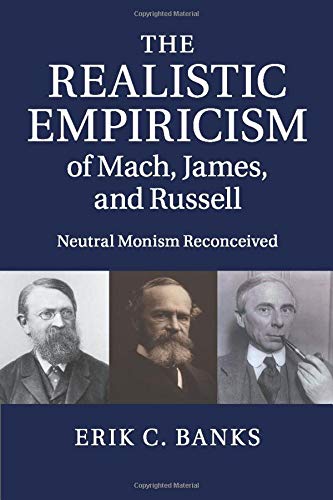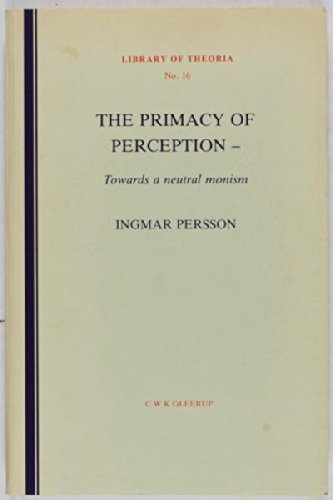Theory associated primarily with William James (1842-1910), who named it, and Bertrand Russell (1872-1970); though it has affinities to the views of Ernst Mach (1838-1916), Henri Bergson (1859-1941) and others.
Neutral monism says that mind and matter can both be reduced to a single type of thing, sometimes called ‘neutral stuff’.
This took the form of sensations or experiences, which constituted minds if thought of as arranged in one way, and matter if in another.
Source:
B Russell, The Analysis of Mind (1921)
Table of Contents
Last update 2020-06-17. Price and product availability may change.










